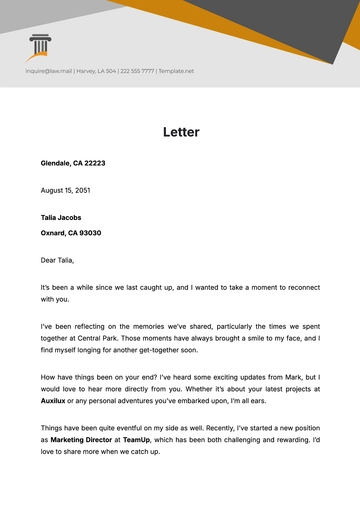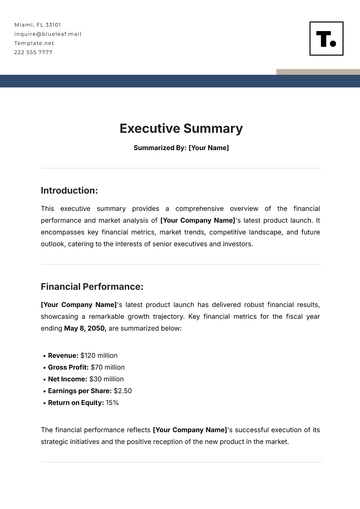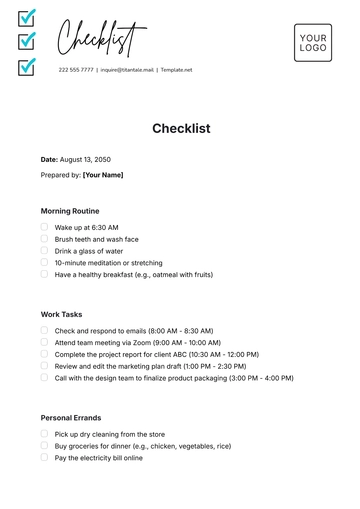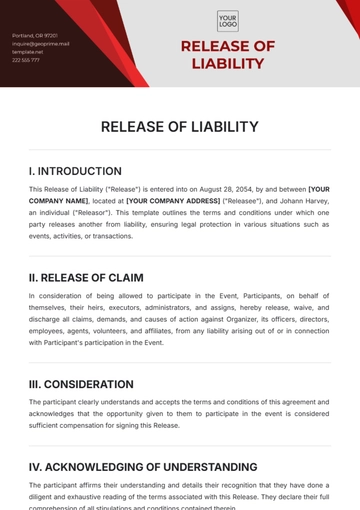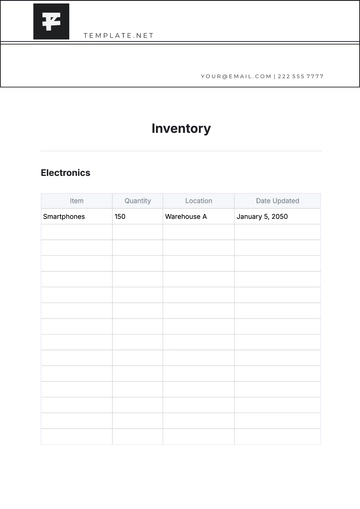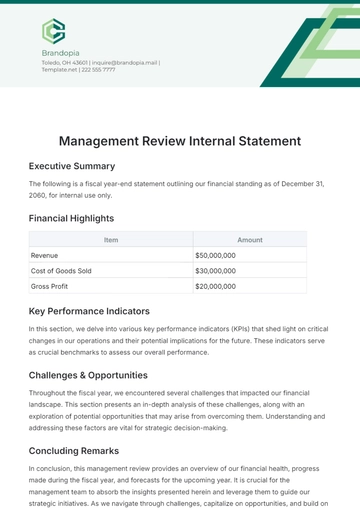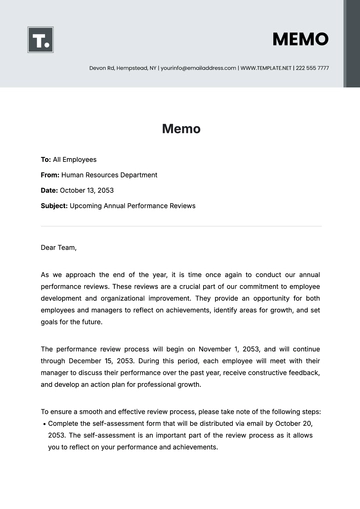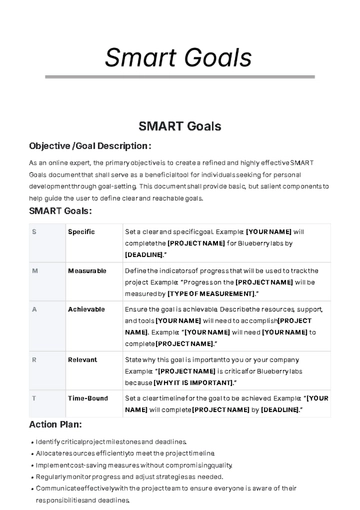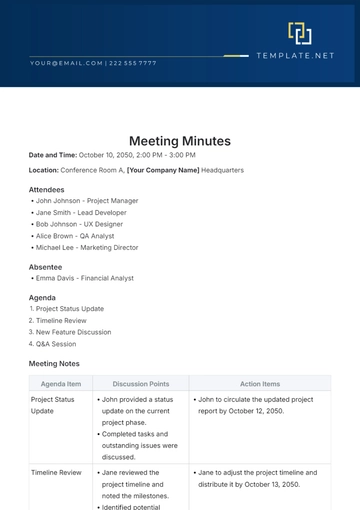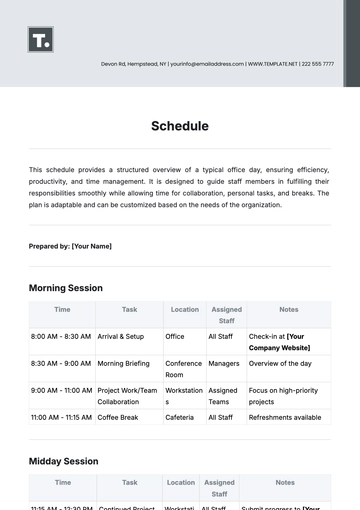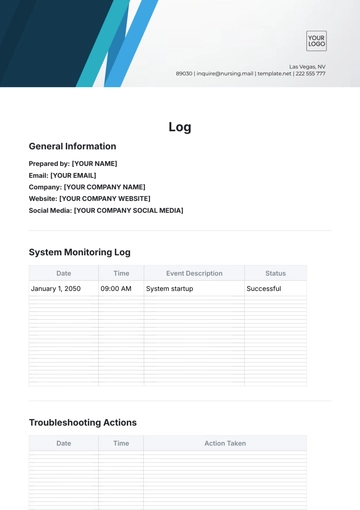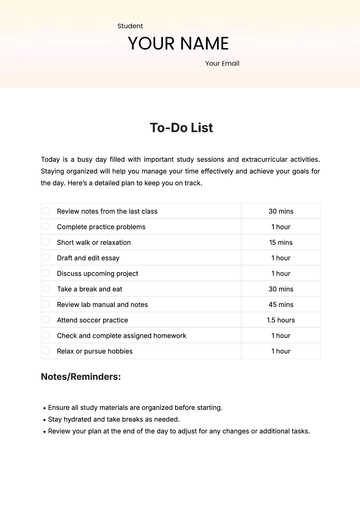Free Longitudinal Ethnography
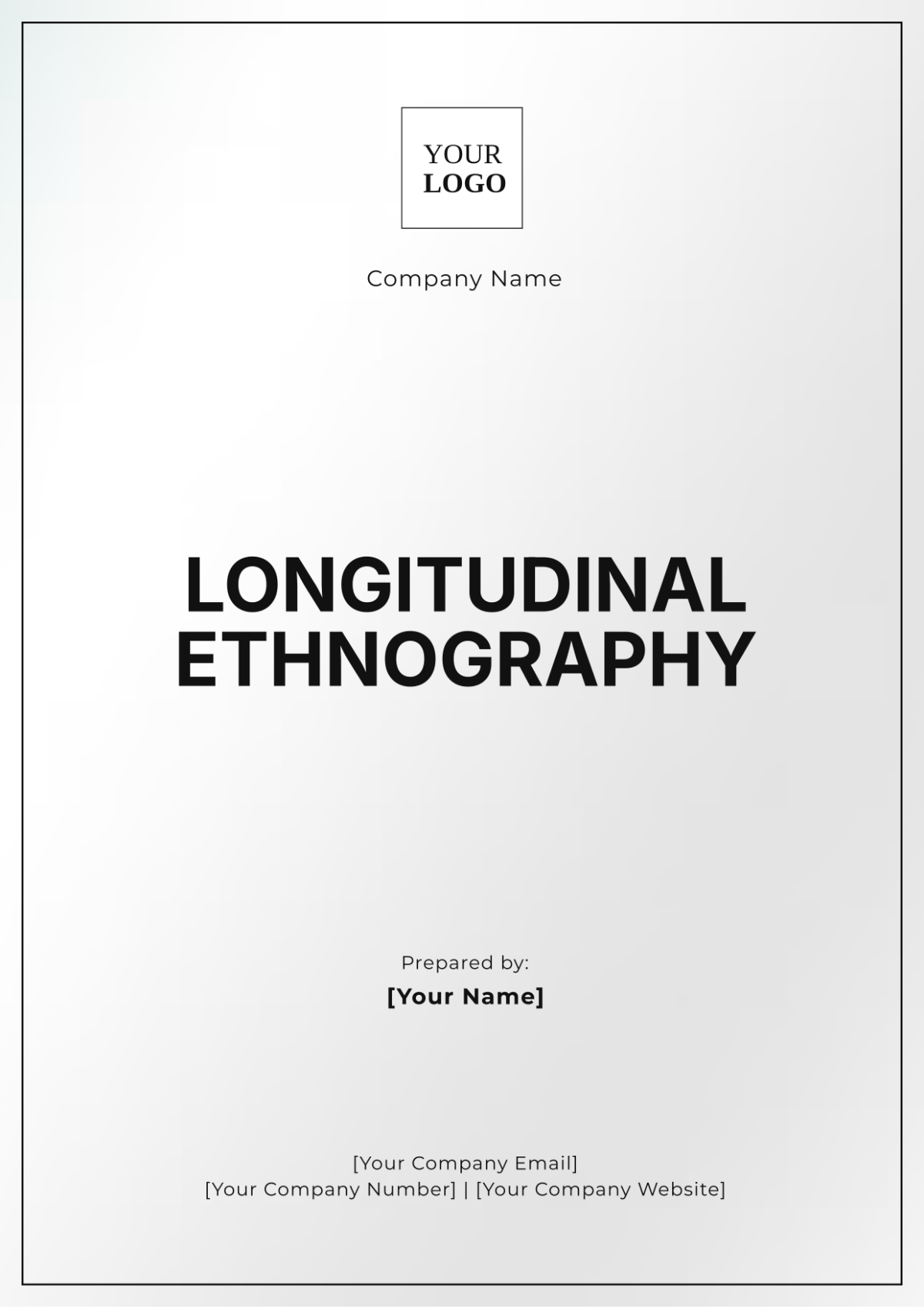
Longitudinal Ethnography is a research method that involves studying a particular group, community, or phenomenon over an extended period. This comprehensive approach allows researchers to observe changes and developments over time, providing valuable insights into cultural and social dynamics.
Advantages of Longitudinal Ethnography
In-depth Understanding: Provides a deep and nuanced understanding of the subject over time.
Observational Data: Allows for the collection of detailed observational data.
Temporal Changes: Captures temporal changes and developments within the studied group or phenomenon.
Contextual Analysis: Enables a contextual analysis that considers historical and environmental factors.
Challenges of Longitudinal Ethnography
Time-Consuming: Requires a significant time commitment, often spanning several years.
Resource Intensive: Demands substantial resources, including funding and manpower.
Participant Attrition: Risk of losing participants over the lengthy study period.
Data Management: Handling large amounts of data can be complex and challenging.
Applications of Longitudinal Ethnography
Field | Application |
|---|---|
Education | Studying the development of educational practices and policies over time. |
Sociology | Investigating long-term social changes and community dynamics. |
Anthropology | Examining cultural evolution and intergenerational transmission of traditions. |
Public Health | Analyzing the impact of health interventions and policies over extended periods. |
Conclusion
Longitudinal Ethnography is a powerful research method that provides a comprehensive and detailed understanding of a subject over time. Despite its challenges, the insights gained from this approach can significantly contribute to various fields, offering valuable perspectives on long-term changes and developments.
- 100% Customizable, free editor
- Access 1 Million+ Templates, photo’s & graphics
- Download or share as a template
- Click and replace photos, graphics, text, backgrounds
- Resize, crop, AI write & more
- Access advanced editor
Track cultural changes over time with Template.net’s Longitudinal Ethnography Template. Fully editable and customizable, this template is perfect for long-term studies and is easily editable in our Ai Editor Tool to meet your ongoing research needs.
You may also like
Free
Free CV Template

- Resume
- Cover Letter
- Report
- Budget
- Lesson Plan
- Itinerary
- Resignation Letter
- Letter
- Job Description
- To Do List
- CV
- Proposal
- Business Plan
- Checklist
- List
- Smart Goal
- Executive Summary
- Agenda
- Analysis
- Press Release
- Memo
- Note
- Action Plans
- Script
- Essay
- Brief
- Syllabus
- Tracker
- Contract
- Agreement
- Bill of Sale
- Case Study
- White Paper
- Statement
- Will
- Deed
- Notice
- Scope of Work

